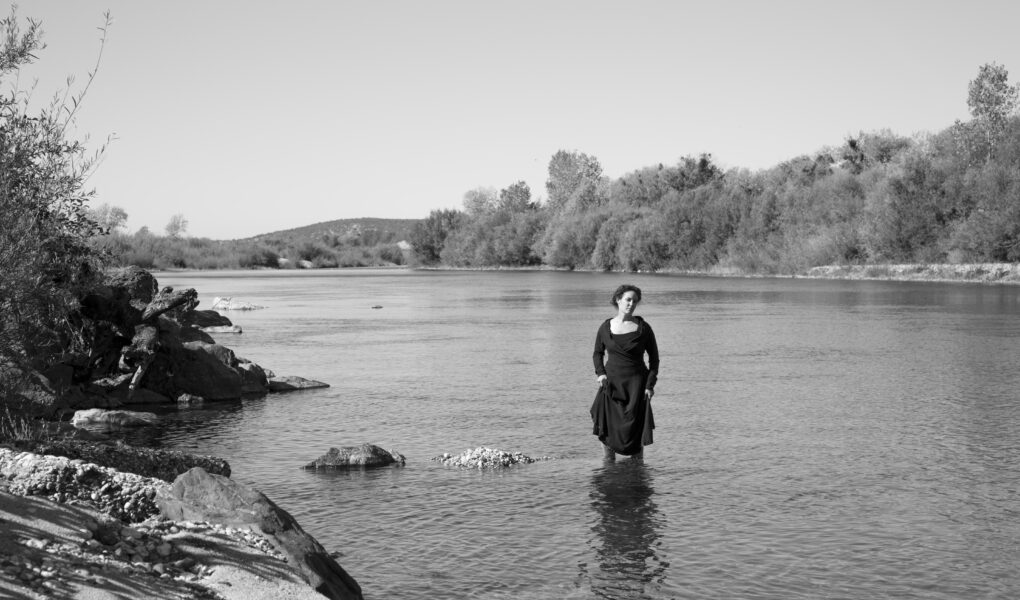by Amelia Rina
In 1878, nine women stood in a river near Lawrence, Kansas. In 1961, Sarah Farahat’s grandfather took photographs of life in Ramallah, Palestine. Nearly fifty years later, Farahat retraced her grandfather’s steps and photographed the same locations. In November of this year, I visited Farahat’s studio in Portland, OR , to hear her stories. I’ve been thinking about storytelling a lot recently. Who gets to tell stories, who gets to hear the stories, which ones do we remember, who are the main characters, and why? Ursula K. Le Guin has been a sort of guiding light for me in this line of questioning — a journey to uncover narratives other than what she describes as “the Story of the Ascent of Man the Hero.”
This essay was edited by Mack McFarland, and appeared in CONDITIONS, a publication of The Ford Family Foundation. The annual arts journal (shifting title as it progresses) is part of the program element CRITICAL CONVERSATIONS, led by the University of Oregon with partners Portland State University, The Cooley Gallery, Reed College; and PNCA at Willamette University.
The title and concept for CONDITIONS came into focus as the editorial team launched its first issue, FIGURING. Here, we shift from FIGURING’s multiple perspectives on the body and the psyche to examine the cultural and biological mysteries and actualities of life at this tenuous environmental and socio-political moment. As our need for breath and sustenance are foregrounded across an accounting of our shared lives, we hope that CONDITIONS offers a space to meditate on the ways in which works of art (including writing) support us in making meaning from our state of, and provisions for, being.
Featured Contributors: Amelia Rina, Laura Butler Hughes, Luiza Lukova, Sara Krajewski, Malia Jensen, Lumi Tan, Steph Littlebird, Ido Radon, Alejandro Espinoza Galindo, Stephanie Gervais, Stephanie Snyder, K. Silem Mohammad, Prudence Roberts, Sara Jaffe.
